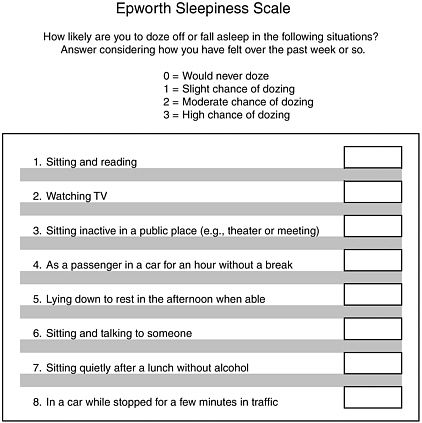By P1 Staff
SAN DIEGO — Over the course of the past few years, numerous studies have shown police officers to be among the most sleep-deprived workers in the United States. Addressing a crowd of cops who no doubt knew that before the researchers did, an IACP speaker warned Monday of the side effects of the trend.
They’re more alarming than feeling sleepy at roll call or chugging your fourth cup of coffee before you’ve hit your lunch break, said Kerry Kuehl, who specializes in sports medicine at Oregon Health and Science University. Your performance is actually affected.
In one study, an intoxicated individual did better on a reaction test than someone awake for 24 hours,which doesn’t bode well for that quick, decisive action prescribed in police training.
“Police are going from zero to hundred in a matter of seconds, both literally and physiologically.” Kuehl said. “
Based on the statistics Kuehl shared, the body of a sleep-deprived officer undergoes a slow assault. One statement in particular stood out: averaging less than 6 hours of sleep each night is comparable to smoking a pack of cigarettes — the strongest proven link to heart disease — per day.
“Some people adapt to lack of sleep better than others, and think it’s just part of their lifestyle,” Kuehl said. “When you are chronically in sleep debt, you lose the ability to realize how tired you are.”
Kuehl then presented the audience with a quick test to accurately determine their level of sleepiness. The Epworth Sleepiness Scale has you rate yourself in several categories using the following scale:
 |
“It may seem silly, but if you score 10 or more, that’s actually abnormal,” Kuehl said. Unfortunately, the effects are doubly harmful for midnight or graveyard shift workers, whose susceptibility to depression, anxiety, high blood pressure or obesity increases solely due to their work hours.
“We are designed to be awake in the day and asleep at night,” Kuehl told the session. “Going against nature is hard.” And change, he said, is even harder.
“The answer seems obvious - just get more sleep,” Kuehl said. “But it’s not that simple.”
Tell someone to do something and it’s somewhat unlikely they’ll follow through. Kuehl said only three to five percent of the population ever successfully changes their behavior.
So a program called SHIELD, recently adopted by the Clark County Sheriff’s Office, may or may not be effective. It advises more physical activity, reduced alcohol and tobacco, and an additional hour of sleep for officers, who meet in groups before or after their shift to go over prescribed lesson plans teaching a healthy lifestyle.
Kuehl said he’s seen positive results, but action is required. “These are only tools, not exercise classes,” Kuehl said. “That’s up to the officer.”

